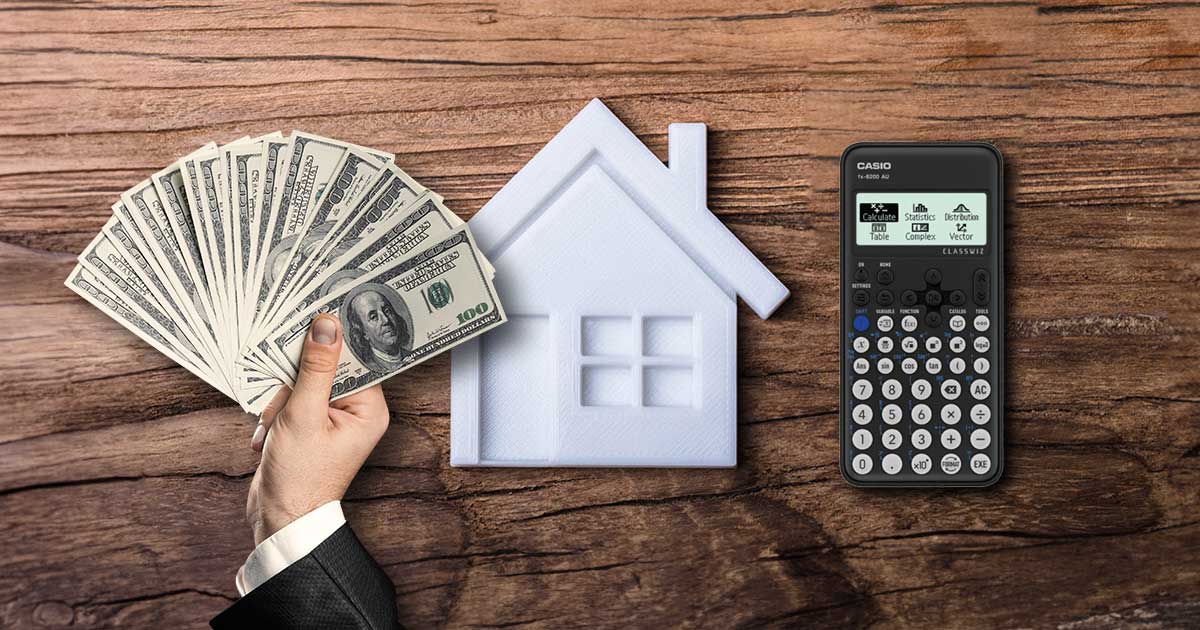Calculating Property Taxes for Your House

Overall, it is imperative that first-time homeowners understand every expense aspect of housing as they use their money. Despite the fact that mortgage closing costs, homeowner’s insurance, as well as utilities are crucial aspects from which buyers run away mostly ignore property taxes.
These taxes are just a plain charges for the owning of real estates and the level of taxes is determined by the local governments with consideration on the location of the property and its assessed value. Since property taxes are one of the significant costs associated with homeownership, it is crucial to understand how these charges are determined, as it will help to avoid unfair tariffs and plan the budget.
What are Property Taxes?
Real estate property taxes are fees paid to local jurisdictions on an assessed value of houses and other forms of immovable assets. The tax is charged based on the county and is charged on almost all types of properties hence a key element for any property owner. A property tax is a form of ‘head-tax’ implemented to raise local revenues for schools, roads, libraries, and other emergency services.
Calculate Property Taxes
The tax rate for municipalities is set by the municipal tax authority which is then used to come up with the general property tax. This is referred to as the rate per $1,000, or mill rate or millage rate, and is periodically adjusted in relation to the government’s fiscal capacity. The amount of tax to be paid depends on computed rate with the property’s assessed value as the base. Below is an overview of the stages involved:Below is an overview of the stages involved:
1. Assessing Property Value
As for the sixth definition, Assessed value disputes with Market value and tax assessors reassess it every few years. Several factors, including property age, size, the location, recent sale prices, and properties similar to them, affect this rating. As for the assessed value, it is usually between eightty and ninety percent of market value assessments.
2. Identifying Mill Levy
Generally, it is important that you make yourself familiar with the mill levy that applies at your location. In Early Years, this constituent is expressed as a percentage rate – but the percentage rate varies by county due to differences in local amenities and revenue objectives. I’Vel gathered that it is often obtainable on the municipal or tax assessor websites.
3. Calculating Property Taxes
To make clear how it works let us consider that having established an assessed value and a mill rate property taxes are easy to compute. It is crucial to multiply the total mill rate by the assessed value to have the estimated tax bills.
Assessing Property Value
Assessors use a variety of approaches to accurately determine property value:Assessors use a variety of approaches to accurately determine property value:
- Sales Comparison: Determined the agreed-upon market value by comparing this property to nearby similar ones that were recently sold.
- The cost method: Largely entails determining how much it would cost to rebuild or replace the property of the same kind in the current state and in its depreciated value.
- Income Method: A valuation approach that estimates the economic value of space according to the amount of rental income possible; commonly applicable to investment properties.
Paying Property Taxes
Some of the property taxes may be paid along with the monthly installments of mortgage where the lender handles an account that includes tax payments. There is also another method where the homeowner directly pays taxes to the municipal and the latter will issue bills to him or her in the course of time. In all the three kinds of payment, one has to be punctual with their payments in order not to incur some fines.
Disputing Property Taxes
The homeowner is not happy with the current property tax? Well, they may well protest against the assessed value. The process involves filing an appeal with the county and accompanying the appeal with documentation, as well as submitting the appeal fees. There are certain legalities that need to be met in order to file an appeal successfully and they include ensuring that the appeal is filed within the proper time and that there is sufficient evidence to support the appeal.
In Summary
Property taxes are an unavoidable cost of housing, needing economic care. Understanding the calculation process enables households to better manage their budgets and ensure fair taxation.

Associate Writer • Environmental Technology and Sustainability Writer
Sophia writes articles on innovations in green technology, including ca energy, sustainable materials, and explores how technology can address environmental challenges and promote sustainability.

